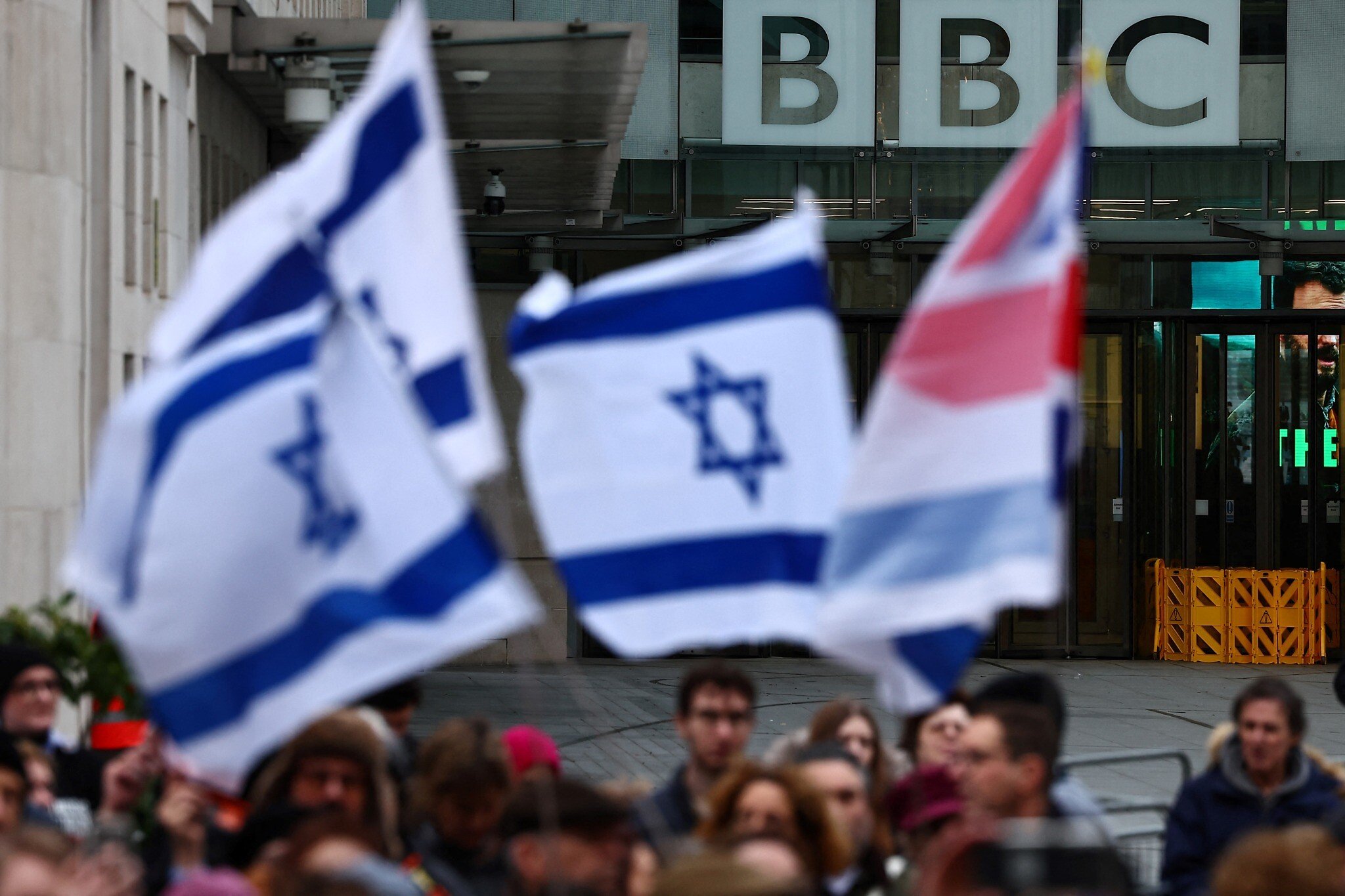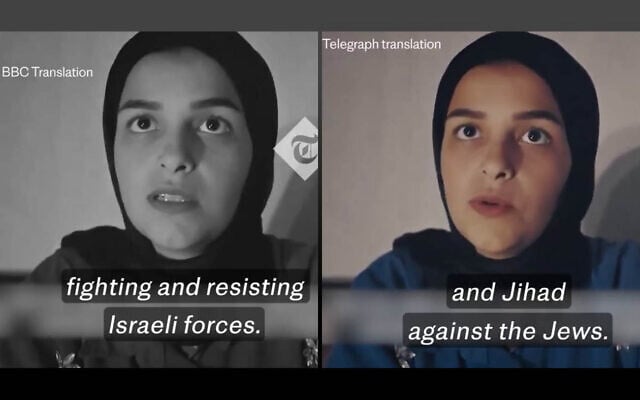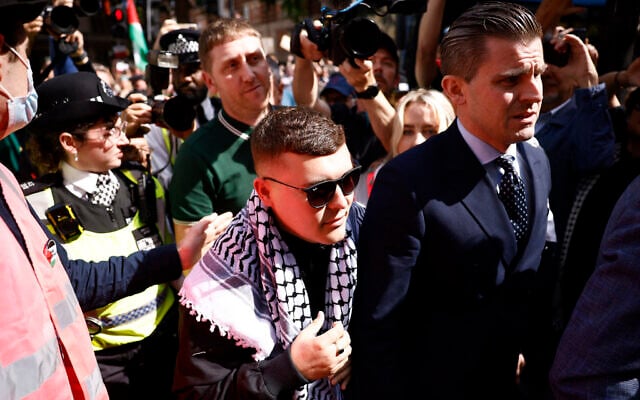



The BBC said Friday it had decided not to air a documentary about doctors working in Gaza during the ongoing Israel-Hamas war, citing concerns over impartiality following public remarks by the production team accusing Israel of war crimes.
The documentary, ‘Gaza: Doctors Under Attack,’ was commissioned by the BBC and produced by the independent company Basement Films. It was initially slated for broadcast in February but has not been aired on any BBC platform.
The British public broadcaster said in a statement it was “determined to report all aspects of the conflict in the Middle East impartially and fairly,” and confirmed it had chosen to transfer ownership of the film material back to the production company.
The BBC’s decision to withdraw the documentary was finalized on Thursday, shortly after the remarks were made public.
In a statement, Basement Films said it was “relieved that the BBC will finally allow this film to be released.” The company is now expected to distribute the film independently.
In its statement, the BBC said it had commissioned the documentary over a year ago but paused the film in April, “having made a decision that we could not broadcast the film while a review into a separate Gaza documentary was ongoing.”

In February, the news service was forced to apologize after it emerged that a new documentary titled “Gaza: How To Survive A Warzone” had been narrated by the son of Hamas’s former deputy minister of agriculture.
BBC chair Samir Shah said at the time that the documentary was a “dagger to the heart” of the broadcaster’s impartiality, and vowed that “appropriate action” would be taken.
The BBC said in its Friday statement that broadcasting this latest film “risked creating a perception of partiality that would not meet the high standards that the public rightly expect of the BBC,” adding, “Any film broadcast will not be a BBC film.”
Prior to the announcement of the decision, Basement Films founder Ben de Pear said on Thursday while speaking at the Sheffield Documentary Festival that the BBC had “utterly failed” and claimed journalists were being “stymied and silenced.”
He further claimed staff at the BBC “are being forced to use language they don’t recognize, they are not describing something as it clearly is [for fear of impartiality] and it’s tragic,” in relation to coverage of Israel’s ongoing war in Gaza.
Another of the film’s directors, journalist Ramita Navai, also made comments during an appearance on BBC Radio 4’s Today program on Thursday, in which she accused Israel of being “a rogue state that’s committing war crimes and ethnic cleansing and mass murdering Palestinians.”
Israel has strongly denied allegations of war crimes or genocide during its ongoing military campaign in Gaza, which began after the October 7 Hamas-led attack on southern Israel that left some 1,200 people dead, mostly civilians, and saw over 250 people taken hostage.
Separately on Friday, the broadcaster faced questions over its decision to include Irish rap group Kneecap in its Glastonbury coverage, after one of the group’s members was charged with a terrorism-related offense and the band was accused of promoting pro-Hezbollah and pro-Hamas messages, according to UK media reports.
Liam O’Hanna, 27, known by his stage name Mo Chara, appeared in court on Wednesday after being charged in May for displaying a Hezbollah flag during a London concert last November. He was ultimately released on bail.

Other videos circulating online appear to show a band member shouting, “Up Hamas, up Hezbollah.”
The Iran-backed Lebanese Hezbollah terror group and the Palestinian terror group Hamas are banned in the UK, and it is an offense to show support for them.
While the BBC won’t broadcast Kneecap’s performance live on one of its main TV channels, due to concerns that the group could violate the BBC’s editorial guidelines during a live set, the hour-long performance is expected to be made available on demand via BBC iPlayer after the event, allowing time for potential edits.
The Campaign Against Antisemitism urged the BBC to “carefully consider” its decision. “Despite our calls to remove the group from the line-up, the festival appears to be prioritizing profit over the safety of Jews,” they said.
“Music fans are also understandably worried that our national broadcaster may find itself amplifying inflammatory messages.”
The BBC has faced heavy scrutiny over the past 18 months for what many perceive to be an anti-Israel slant to its coverage of the war in Gaza, including its continued employment of a Gazan journalist who posted virulently antisemitic content on social media, and the recent resignation of high-profile presenter Gary Lineker after he shared an antisemitic Instagram story.
The broadcaster has been widely criticized by supporters of Israel for its refusal to describe Hamas as terrorists, even though the group’s military wing is proscribed by the United Kingdom as such, and even after the widespread documentation of its systematic targeting of civilians on October 7, 2023.
